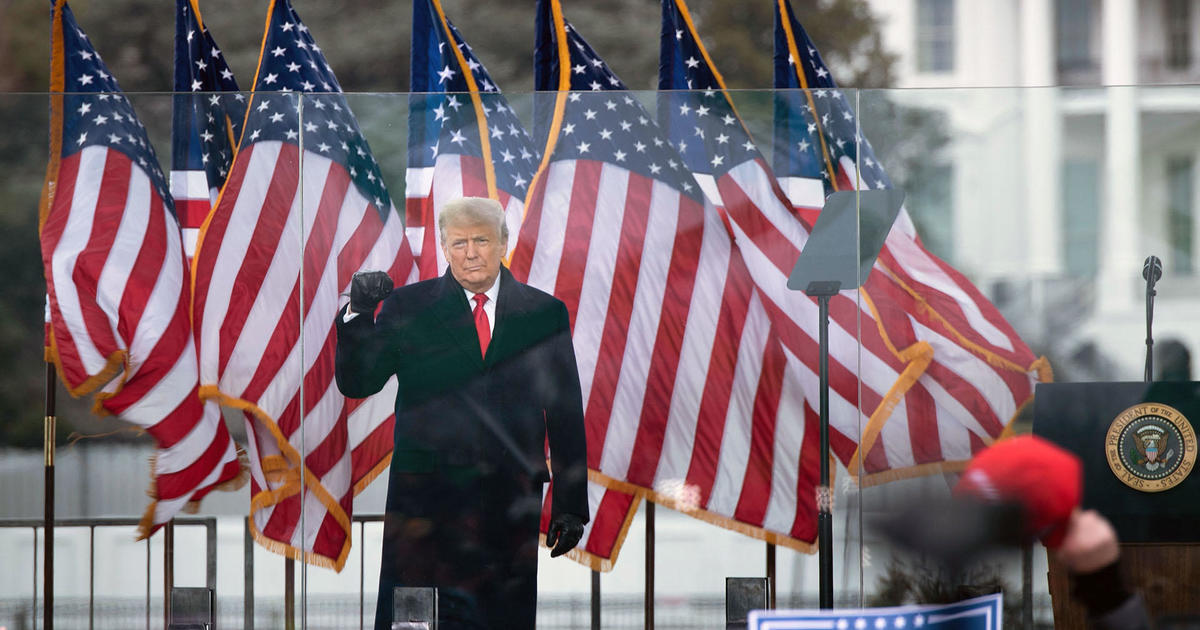The recent developments in President Donald Trump’s 2020 election interference case have shed light on the ongoing legal battle surrounding the allegations of election fraud and misconduct. The judge overseeing the case, U.S. District Judge Tanya Chutkan, released a significant amount of evidence collected by special counsel Jack Smith, despite efforts by Trump’s legal team to keep the records under wraps. The 1,889 pages of material, consisting of four volumes of an appendix, were unveiled in a heavily redacted form, revealing transcripts of court hearings, interviews, speeches, and other source material related to the case.
The appendix filed by Smith’s prosecutors alongside a motion over presidential immunity has been a focal point of the case. The documents include sensitive information, such as transcripts of testimony before a grand jury and FBI interviews, which remain under seal due to a protective order issued at the start of the case. However, many of the documents also contain publicly available information, including voting tabulations and tweets from Trump and other individuals connected to the case. Notably, Trump’s speech near the White House on Jan. 6, 2021, where he claimed victory in the election and urged supporters to march to the Capitol, was included in the released evidence.
Judge Chutkan’s decision to unseal the redacted appendix underscores the principle of public access to criminal court proceedings. Despite efforts by Trump’s legal team to prevent the release of the records, arguing that it could impact the 2024 presidential election, Judge Chutkan maintained that political considerations would not influence the handling of the case. The ongoing legal battle has been marked by a series of twists and turns, with Trump initially indicted last year for allegedly orchestrating a campaign to overturn the election results.
The case was put on hold for several months as Trump’s lawyers argued for presidential immunity from prosecution. The Supreme Court ruled over the summer that presidents are immune for “official acts” carried out while in office, prompting Smith to file a new indictment that narrowed the charges against Trump. Judge Chutkan is now tasked with determining whether Trump is entitled to immunity under the Supreme Court’s framework, as the former president has pleaded not guilty to the charges brought against him.
In a motion filed by Smith’s team, they urged Judge Chutkan to reject Trump’s immunity claim and proceed with the prosecution. The motion, unsealed on Oct. 2, sets the stage for further legal arguments and proceedings in the case. Trump’s lawyers have until Nov. 7 to submit their response to the motion, just two days after Election Day, adding a layer of political significance to the timing of the proceedings.
Trump’s legal team has raised concerns about the release of additional information in the case, arguing that it creates an unfair advantage for the prosecution, particularly during early voting periods. The asymmetric release of charged allegations and related documents, according to Trump’s attorneys, could prejudice the public perception of the case and influence the outcome of the election. However, Judge Chutkan has remained steadfast in her commitment to transparency and the principles of open court proceedings, emphasizing the importance of public access to information in legal matters of public interest.
The revelations from the newly released evidence shed light on the complexities of the case and the legal challenges facing both the prosecution and the defense. As the legal battle continues to unfold, the outcome of the case remains uncertain, with the question of presidential immunity looming large over the proceedings. The release of the redacted appendix marks a significant milestone in the case, providing a glimpse into the evidence and arguments that will shape the ultimate resolution of the allegations against President Donald Trump in the 2020 election interference case.









